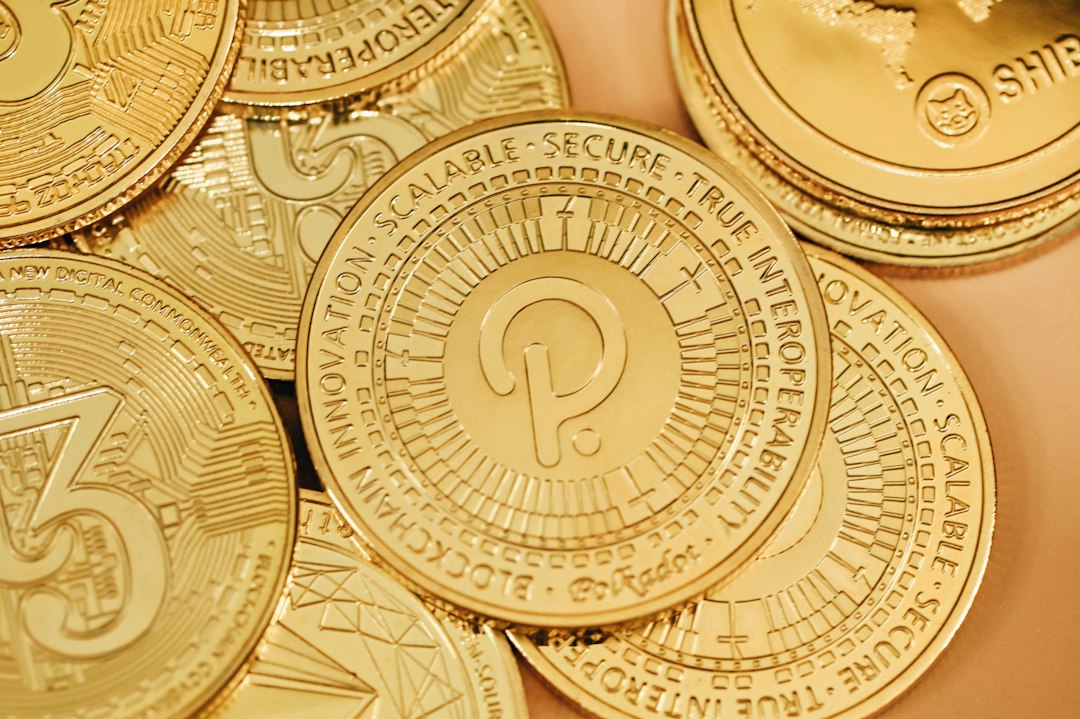Bitstamp to Suspend Trading for SEC-Identified Securities
Bitstamp recently announced that it will suspend trading for several cryptocurrencies identified as securities by the SEC. Here are the key points:
- Bitstamp will block several prominent cryptocurrencies, including AXS, MANA, CHZ, NEAR, MATIC, SAND, and SOL.
- After delisting these tokens, Bitstamp will only offer 30 listed cryptocurrencies.
- Users are urged to execute trades involving these tokens by August 29th, after which they will become unavailable.
- US trading of the tokens will be permanently disabled after August 29th, but users can still withdraw and hold them.
- The suspension is due to recent market developments and the SEC’s allegations of unregistered securities.
Other Platforms Delist Assets Mentioned by SEC
Other platforms, including Bakkt, Robinhood, and Revolut, have voluntarily delisted assets mentioned by the SEC. Here are the key points:
- Platforms have delisted assets like MATIC, ADA, and SOL, which are targeted by the SEC.
- The Sandbox has also implemented KYC verification for SAND staking.
- The SEC has identified a total of 68 cryptocurrencies as unregistered securities.
Crypto Projects Reject SEC Claims
Cryptocurrency projects have rejected the SEC’s claims. Here are the key points:
- Solana Foundation, Cardano’s parent company IOHK, and Polygon Labs have all denied the SEC’s observations.
- Actions taken are precautionary, and it remains to be seen if the SEC will take further action.
SEC Suits Cast Uncertainty on Listed Tokens
The SEC’s lawsuits against Binance and Coinbase have raised questions about the future of listed tokens. Here are the key points:
- The SEC accuses Binance and Coinbase of offering unregistered securities to the public.
- This raises questions about the classification of cryptocurrencies as securities or commodities.
Hot Take:
The SEC’s actions and the subsequent delisting of tokens by platforms highlight the regulatory challenges faced by the crypto industry. While crypto projects deny the allegations, the uncertainty surrounding the classification of cryptocurrencies as securities or commodities remains. The industry will continue to navigate these regulatory hurdles as it strives for wider adoption and acceptance.





 By
By
 By
By
 By
By
 By
By

 By
By